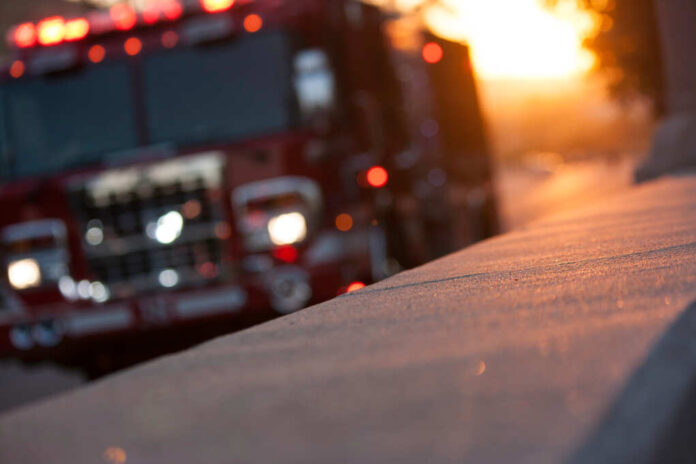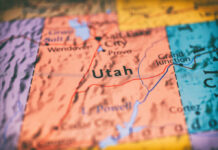
Smoke from Canadian wildfires has led to hazardous air quality across parts of the Midwest, prompting officials to advise residents in four states to stay indoors.
At a Glance
- Air quality alerts issued across Minnesota, Wisconsin, Michigan, and Iowa due to Canadian wildfire smoke
- Minneapolis-St. Paul area experiences ‘very unhealthy’ air quality levels
- Health officials warn of increased respiratory issues; hospitals report more patients with symptoms
- Over 27,000 Canadians evacuated as wildfires rage in Manitoba and Saskatchewan
- Smoke from the fires has reached as far as Europe, indicating the fires’ intensity
Widespread Health Alerts
Smoke from Canadian wildfires has significantly deteriorated air quality across the U.S. Midwest. The Minnesota Pollution Control Agency issued alerts across nearly the entire state, with the Minneapolis-St. Paul metro seeing some of the worst conditions.
Air Quality Index (AQI) readings reached “very unhealthy” levels and briefly tipped into the “hazardous” zone in some areas. Similar alerts were triggered in Wisconsin, Michigan, and Iowa, where officials warned residents—especially those with respiratory or cardiovascular conditions—to limit outdoor activity.
Watch a report: Air Quality Emergency Grips U.S. Midwest.
Health Impacts and Hospital Responses
Hospitals across the affected region have reported a noticeable surge in respiratory cases. Dr. Rachel Strykowski, a pulmonologist at Hennepin Healthcare in Minneapolis, confirmed an uptick in visits from patients with aggravated asthma, COPD, and other breathing difficulties.
She advised vulnerable groups—including children, seniors, and people with pre-existing conditions—to remain indoors, use air purifiers if available, and wear N95 masks outdoors. In Iowa, state health officials issued a similar advisory, warning of “unhealthy” air persisting through Thursday morning.
Canadian Wildfires and Broader Impact
The root cause of this crisis is a series of massive wildfires in Manitoba and Saskatchewan, which have forced more than 27,000 Canadians to evacuate. The smoke plume has not only smothered the U.S. Midwest but has traveled across the Atlantic, affecting air quality as far as Europe.
With fire activity expected to continue, residents are urged to monitor local AQI reports and follow public health guidance. The environmental and health impacts of this event underscore the transboundary nature of climate-driven disasters—and the urgency of global response.




















